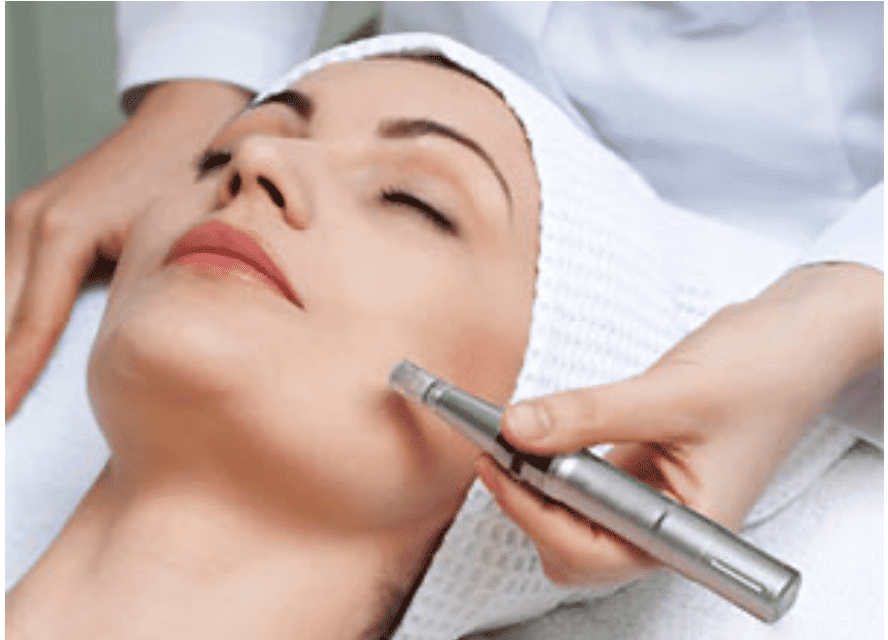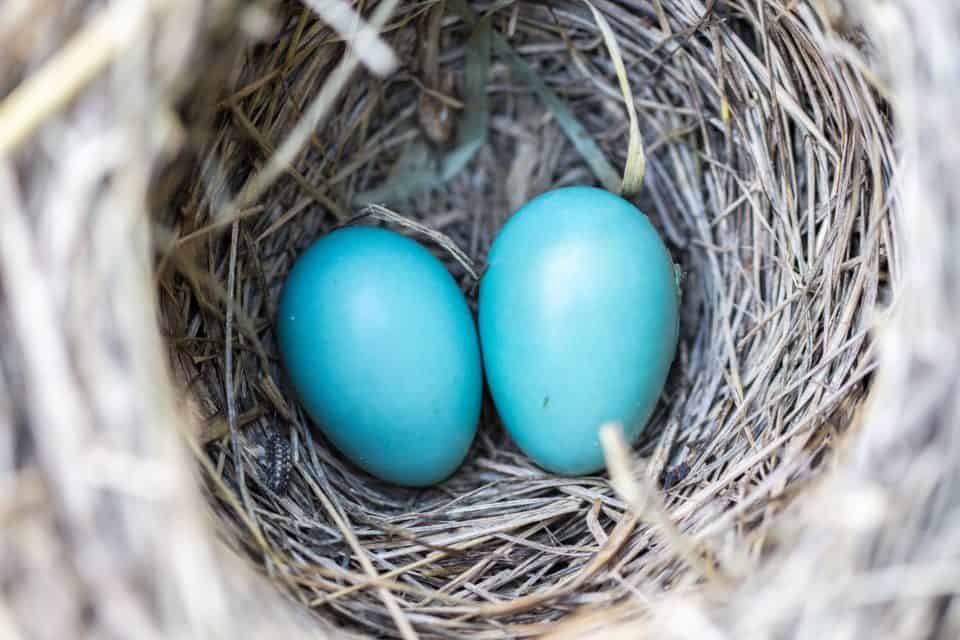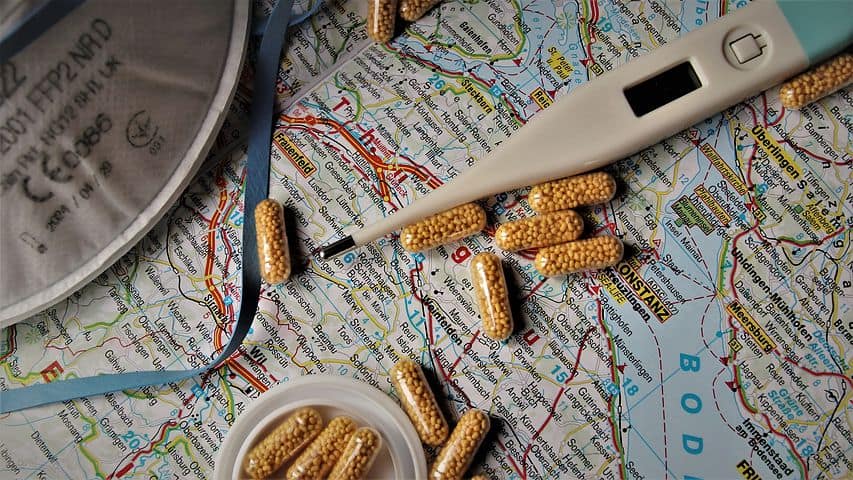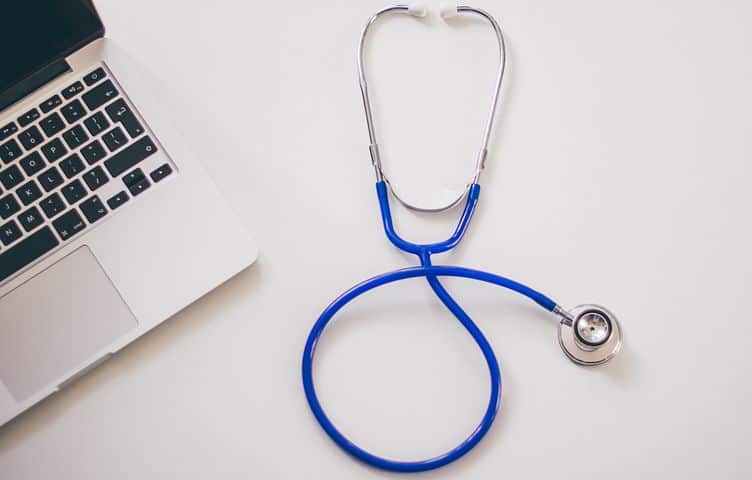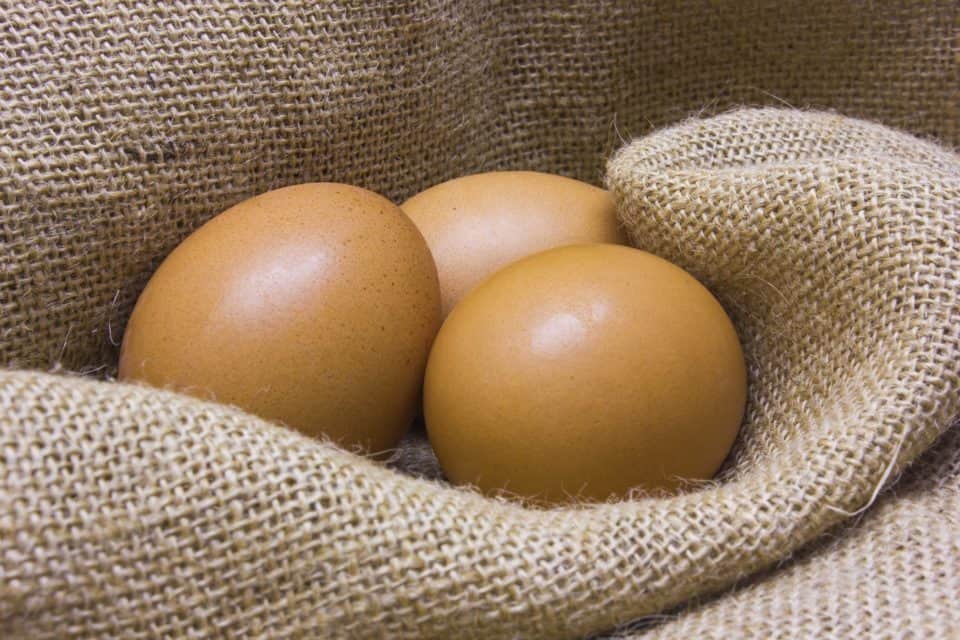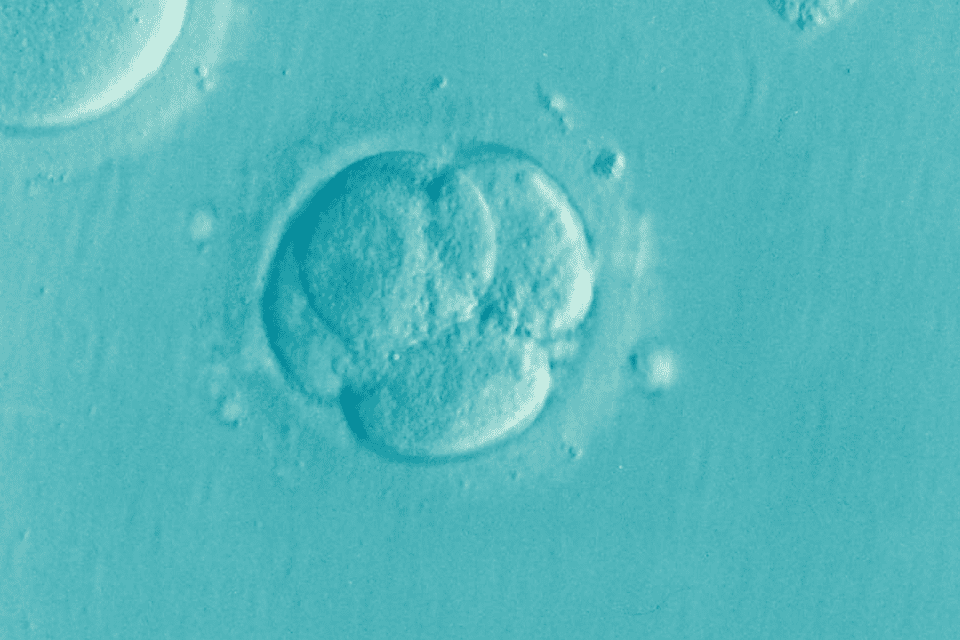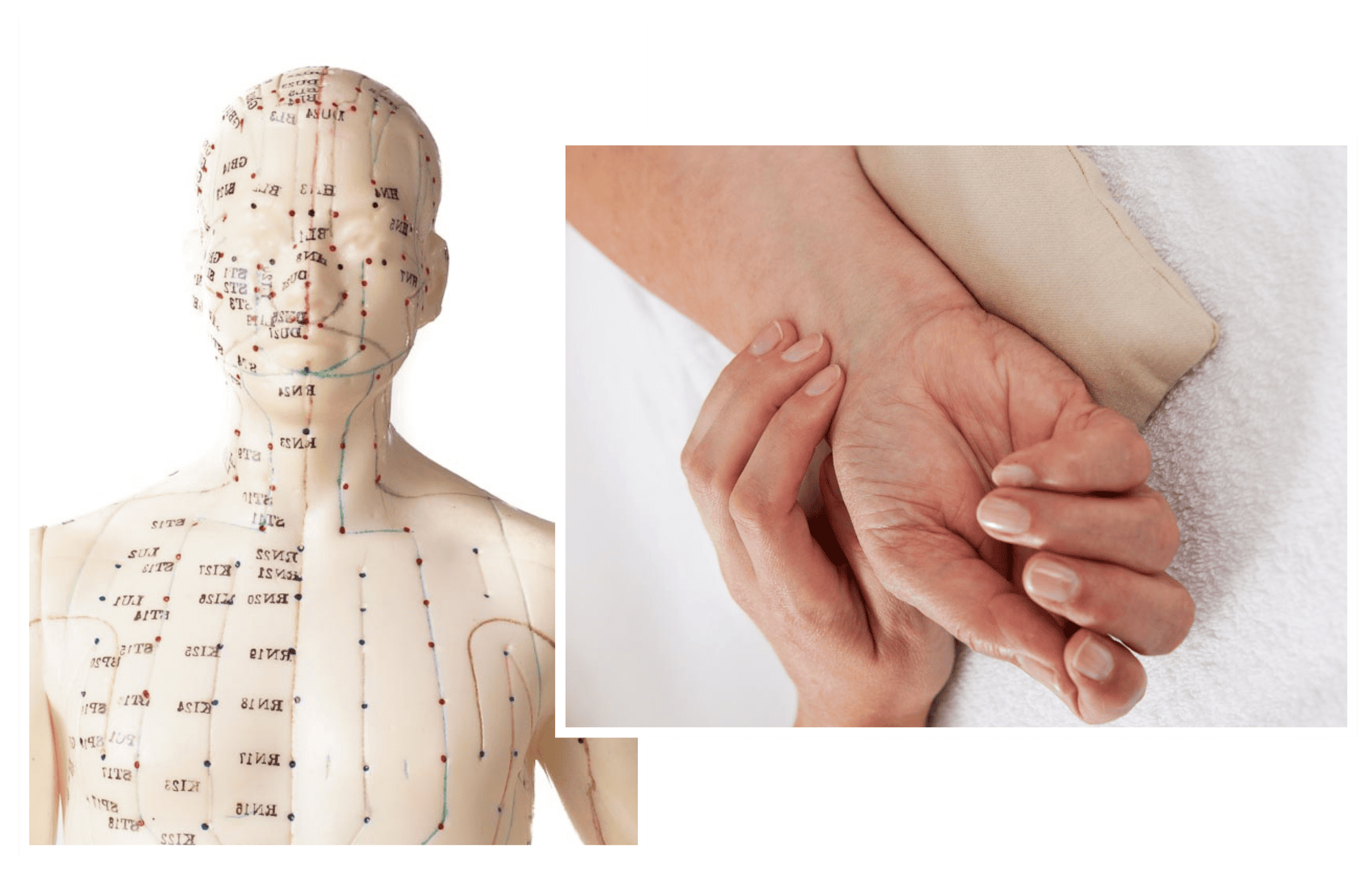In approximately 40 percent of infertile couples, the male partner is either the sole cause or a contributing cause of infertility (ASRM, 2017). A CDC study analyzed data from the 2002 National Survey of Family Growth and found that 7.5% of all sexually experienced men younger than age 45 reported seeing a fertility doctor during their lifetime. Of the more than 4 million men who sought help, 18% were diagnosed with a male-related infertility problem, including sperm or semen problems (14%) and varicocele (6%) (CDC, 2017).
In traditional Chinese medicine, the basic requirement for full reproductive potential in males is a strong Kidney jing and a balance of Kidney yin and yang. Most cases of male infertility will either be diagnosed as Kidney yin or Kidney yang deficiency. If a genetic base is the cause for male infertility, this is possibly the result of a Kidney jing weakness. A deficiency in Kidney yin causes a slightly raised body temperature which affects both the quality and quantity of the seminal fluid.
In a randomized control trial (RCT), a group of infertile men with an abnormal semen analysis were divided into two groups; one group was given 10 acupuncture treatments over five weeks, and the other group was given no treatment. Significant improvements in sperm motility and morphology were observed in the acupuncture group compared to the control group (Sherman,1997). Another clinical study randomized 57 patients who had extremely low sperm counts to acupuncture and placebo acupuncture groups. After receiving acupuncture twice weekly for six weeks, sperm motility increased significantly (Dieterle, 2009). A pilot study examined semen samples of 20 patients with a history of azoospermia by light microscope (LM) and scanning electron microscope (SEM). These examinations were performed before and one month after acupuncture treatment. A significant increase in sperm count was detected in the ejaculates of 10 (67%) of the 15 azoospermic patients (Siterman, 2000).
The above research illustrates acupuncture helps improve quality and quantity. In addition, improving fertility involves lifestyle changes and other treatments. Here is a list of 5 things men should incorporate to enhance fertility and 5 things men should avoid.
Foods that Build Energy
These foods include oats, white rice, potato, sweet potato, pumpkin, mushroom, yam, date, grape, kidney beans, tofu, beef, tuna, chicken, egg, jasmine tea and spices such as; basil, cinnamon, clove, dill, fennel, fenugreek, ginger, nutmeg, rosemary, thyme.
Things to incorporate:
- Acupuncture – It takes approximately 90 days for sperm to mature. Receiving acupuncture treatments every week for 3 months is recommended in order to optimize sperm quality.
Supplements and Herbs – Based on the semen analysis, supplements such as Chinese Herbs, L-Arginine, Selenium, Vitamin D, CoQ10, and Zinc should be incorporated. We recommend a comprehensive supplement such as FertilAid for Men to enhance fertility. - Nutrition – A healthy diet can improve sperm production. Eating whole foods, organic meats and full fat dairy, nuts and seeds are important. Fish soup is nourishing and will help improve sperm quality and quantity.
- Exercise – Consider incorporating activities such as walking, pilates, swimming, yoga, or hiking in order to manage stress and maintain a healthy weight. Cycling and heavy weight lifting are two activities for men to consider reducing while seeking to get pregnant. Studies show that men bicycling more than five hours per week had a lower sperm concentration. In Chinese medicine, heavy weight lifting depletes the kidneys, which are the organs essential for reproductive health. Keep In mind that over exercising can also temporarily lower testosterone production.
- Stress Management – Your endocrine system is closely tied with to your nervous system. Stress can interfere with your body’s natural functions and interrupt hormone regulation.
- Caffeine – An excess of caffeine may impair sperm production, cause abnormalities in chromosomes or affect sperm motility. A study found that men who drank two or more cups of strong coffee a day had just a one in five chance of becoming fathers through IVF.
- Drugs & Marijuana – Prescription and nonprescription drugs can have a toxic effect on sperm. Replacement testosterone, opiates (narcotics), anabolic steroids, 5-alpha-reductase inhibitors (finasteride, dutaseride, and propecia), Alpha blockers (silodosin, tamsulosin, alfuzosin, Hytrin®, Cardura®), Men who take SSRIs and who are having trouble fathering a child should see a urologist for semen testing, and talk with their mental health provider about other medications. THC, the active ingredient in marijuana, decreases sperm production and weakens sexual drive by interfering with the production of testosterone. THC also has a direct harmful effect on the movement of sperm. Marijuana may also be laced with heavy metals (such as lead) to increase its weight or more addictive illicit drugs, such as cocaine.
- Alcohol – Alcohol can influence sperm by creating genetic alterations and epigenetic marks. This means changes to gene expression occur without changes to the underlying DNA sequence. These epigenetic marks can be transferred at the time of fertilization. This can subsequently alter the molecular makeup of the early embryo, leading to alterations in fetal development and the potential to impair offspring health.
- Toxins – Exposure to pesticides and other toxins can affect your sperm count and quality. For a list of conventional products shown to have both the highest and lowest amount of pesticides, check out the Environmental Working Group.
- Excess Heat – Try to limit your time in hot tubs and saunas. If you are exposed to hot temperatures on a regular occurrence, such as chefs that work in hot kitchens, applying ice to the testicles or using Snow Balls to lower the temperature can be helpful.
Things to Avoid:
2014 Assisted Reproductive Technology National Summary Report. (2016, October 13). https://www.cdc.gov/art/reports/2014/national-summary.html
Damone, B. (2008). Principles of Chinese medical andrology: an integrated approach to male reproductive and urological health. Boulder, CO: Blue Poppy Press.
Dieterle, S., Li, C., Greb, R., Bartzsch, F., Hatzmann, W., & Huang, D. (2009). A prospective randomized placebo-controlled study of the effect of acupuncture in infertile patients with severe oligoasthenozoospermia. Fertility and Sterility, 92(4), 1340-1343.
Infertility FAQs. (2016, April 14). Retrieved February 05, 2017, from https://www.cdc.gov/reproductivehealth/infertility/
Reproductive Medicine News & Resources (n.d.). Retrieved February 05, 2017, from https://www.asrm.org/?vs=1
Sherman, S., Eltes, F., Wolfson, V., Zabludovsky, N., & Bartoov, B. (1997). Effect of Acupuncture on Sperm Parameters of Males Suffering from Subfertility Related to Low Sperm Quality. Archives of Andrology, 39(2), 155-161.
Siterman, S., Eltes, F., Wolfson, V., Lederman, H., & Bartoov, B. (2000). Does acupuncture treatment affect sperm density in males with very low sperm count? A pilot study. Andrologia, 32(1), 31-39.



